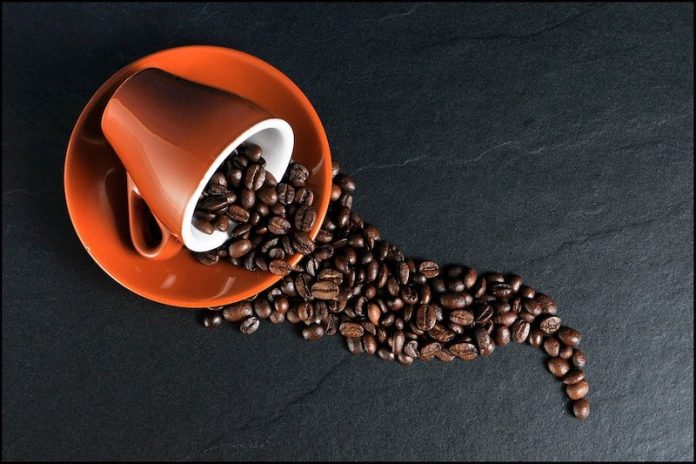
Scientists from Duke-NUS Medical School found that drinking tea and coffee in specific ways may affect people’s risk of high blood pressure.
The research is published in The European Journal of Nutrition and was conducted by Choy-Lye Chei et al.
Caffeine is a natural chemical with stimulant effects. It is found in coffee, tea, cola, cocoa, guarana, yerba mate, and over 60 other products.
Caffeine works by stimulating the central nervous system, heart, muscles, and the centers that control blood pressure.
Caffeine is a stimulant, which means it increases activity in your brain and nervous system.
It also increases the circulation of chemicals such as cortisol and adrenaline in the body. In small doses, caffeine can make people feel refreshed and focused.
The link between coffee and tea, and the risk of high blood pressure remains controversial.
In the study, researchers examined data from 63,257 Chinese aged 45-74 years and residing in Singapore from 1993 to 1998.
They collected information on coffee and tea drinking and other lifestyle factors. High blood pressure was assessed during two follow-up interviews (1999-2004, 2006-2010).
The team found 13,658 cases of high blood pressure after an average of 9.5 years.
Compared to people who drank one cup of coffee/day, the risk of high blood pressure was lower for ≥3 cups/day drinkers.
Compared to <weekly drinkers, daily drinkers of black or green tea had a slight increase in the risk of high blood pressure.
The team also found there was a dose-response link between caffeine intake and high blood pressure risk.
Compared to the lowest intake (<50 mg/day), those in the highest intake (≥300 mg/day) had a 16% increase in risk.
The team concluded that drinking coffee <1 cup/week or ≥3 cups/day had a lower risk of high blood pressure than drinking one cup/day.
Caffeine may account for increased risk in daily tea drinkers and in those who drank one cup of coffee per day.
The researchers suggest that the inverse U-shaped link to coffee suggests that at higher doses, other ingredients in coffee may reduce the effect of caffeine and confer benefits on blood pressure. Future work needs to test this hypothesis.
Copyright © 2022 Scientific Diet. All rights reserved.





